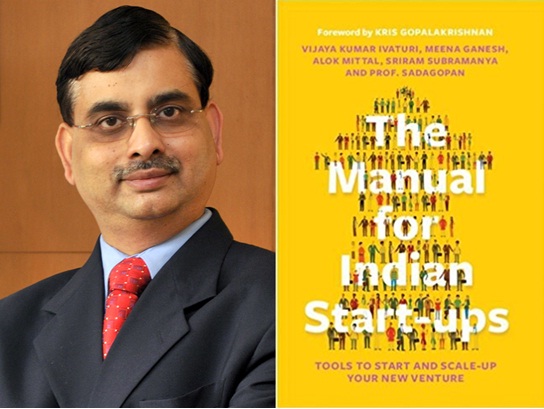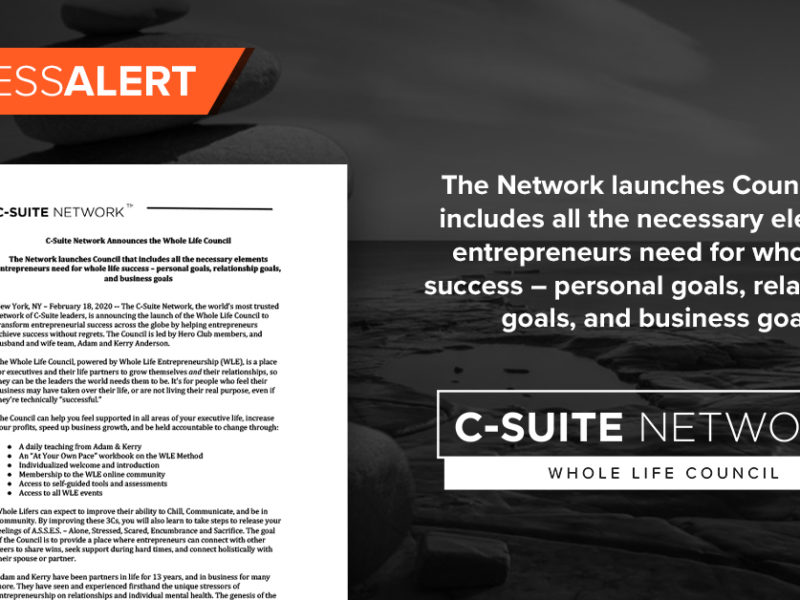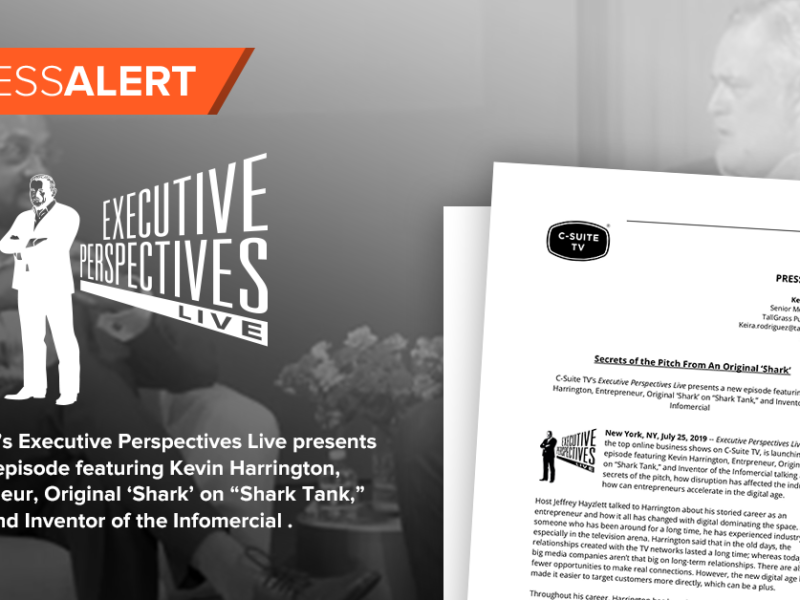
‘Startup choice is not just a career choice but also a lifestyle choice’ – Vijaya Kumar Ivaturi, author, ‘The Manual for Indian Startups’
‘Startup choice is not just a career choice but also a lifestyle choice’ – Vijaya Kumar Ivaturi, author, ‘The Manual for Indian Startups’ https://csuiteold.c-suitenetwork.com/wp-content/uploads/2017/12/startup-choice-is-not-just-a-career-choice-but-also-a-lifestyle-choice-vijaya-kumar-ivaturi-author-the-manual-for-indian-startups.jpg 544 409 C-Suite Network https://csuiteold.c-suitenetwork.com/wp-content/uploads/2017/12/startup-choice-is-not-just-a-career-choice-but-also-a-lifestyle-choice-vijaya-kumar-ivaturi-author-the-manual-for-indian-startups.jpgVijaya Kumar Ivaturi (‘IVK’) is the co-author of the book The Manual for Indian Startups: Tools to Start and Scale up Your New Venture (see our book review here). He is Co-founder and CTO of Crayon Data, member of the Indian Angel Network, and former CTO and VP of Emerging Market Solutions at Wipro.

IVK joins us in this exclusive interview on startup trends in India, the qualities of successful entrepreneurs, tips for scaling up a venture, and growth enablers for India’s startup ecosystem.
YS: In the time since your book was published, what would you say are some notable new trends and developments in the startup ecosystem in India?
IVK: Founder agreements are getting popular and being insisted upon in many accelerators. Mentor engagements are also gaining traction and getting formalised in terms of agreements.
YS: A big shot leaves an IT major and launches a startup – have you started a trend in this regard? Do you see more corporate managers/leaders in India leaving to launch their own new startups?
IVK: There are many others who left earlier than me and started their own ventures. The shift is only in terms of starting product startups or joining product startups. Mid-career movements in the late 30s and 40s are also common today.
If I have to pick one more trend, I would say that it used to be the tech guys who left to start on their own but today there is a demand and motivation for India market expertise to sell to Indian consumers or corporates. Therefore, it is not always a tech person doing a product startup now.
YS: How big a role does academics play in entrepreneurship? Can entrepreneurship really be formally taught?
IVK: Well, this is a popular debate and there is a lot of academic research about this topic. It is always a deeply thought about subject whether entrepreneurship is an in-born talent; skill to be taught or an opportunity gone right for a lucky person. By keeping the luck and timing as common factors across, I would pick a blend of personality traits and process/functional/domain skills as the combo for an entrepreneur. Entrepreneurs are those who act upon an opportunity they see or foresee rather than just be knowledgeable about it. In my view, all innovators are not entrepreneurs and all entrepreneurs are not innovators.
There are some things about entrepreneurship that can be taught and make people aware of options, experiences and best practices. It is like dance or acting where there is a difference between innate talent and professional training. The hard topics such as a cash flow analysis and pricing models can be taught while soft topics such as leadership building, vision versus traction in product management, founder versus investor in scale models and other behavioral aspects are best learnt under a mentorship model. The startup system is complex in terms of these trade-offs and there is not much time or cash left to pursue multiple options or hedge your bets in that sense. As we often say, one needs a better Plan A than Plan B.
Startup promoters’ basic premise is that there is something wrong or a gap in the current system and they believe that they have got a solution to fix the gap. This is a push model where they spend time to get traction in the market for their vision. Whether they picked a wrong gap or they gave up too early is where all the debates lie and this is where you need both an academic view (logic built on historical data) and expert view (wisdom built on previous experiences and some gut feel) from the mentors.
YS: How was your book received? What were some of the responses and reactions?
IVK: It is received very well and the templates are hugely useful for them to get started. Some valuable feedback came in terms of more real world sector examples (non-IT), product management and mentor network needs based on the current scope covered in the book.
Some queries also came in for such a manual for Not for Profit segment. We are currently working on product management and mentor network models for a future release.
YS: How should innovators strike that delicate balance between ‘Stick to your vision’ and ‘Adapt to a changed world’?
IVK: From a timeline view point, one should pivot in terms of offerings and positioning and not in terms of basic motivation or inspiration for the product or solution. In my experience, the concept validation works always but it is the business validation that takes time and effort. (Is it a good idea versus Is it a good business?).
YS: Is there such a thing as the ‘ideal age’ for an entrepreneur, or can the startup bug strike you at any time?
IVK: I do not think so. It should not be driven by age but by strong passion and belief. In India, we are a family centric society and therefore, the decision to do a startup needs a careful consideration from a family point of view. This is more so when the person comes from a corporate life.
The years in which assets are being created (EMIs being paid) are the tougher years as the person’s ability to afford a change in lifestyle and income is less due to higher fixed costs. This is only a word of caution as…






